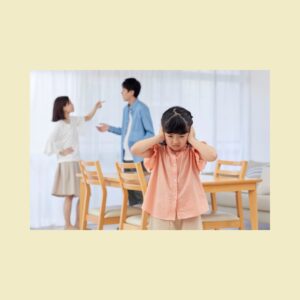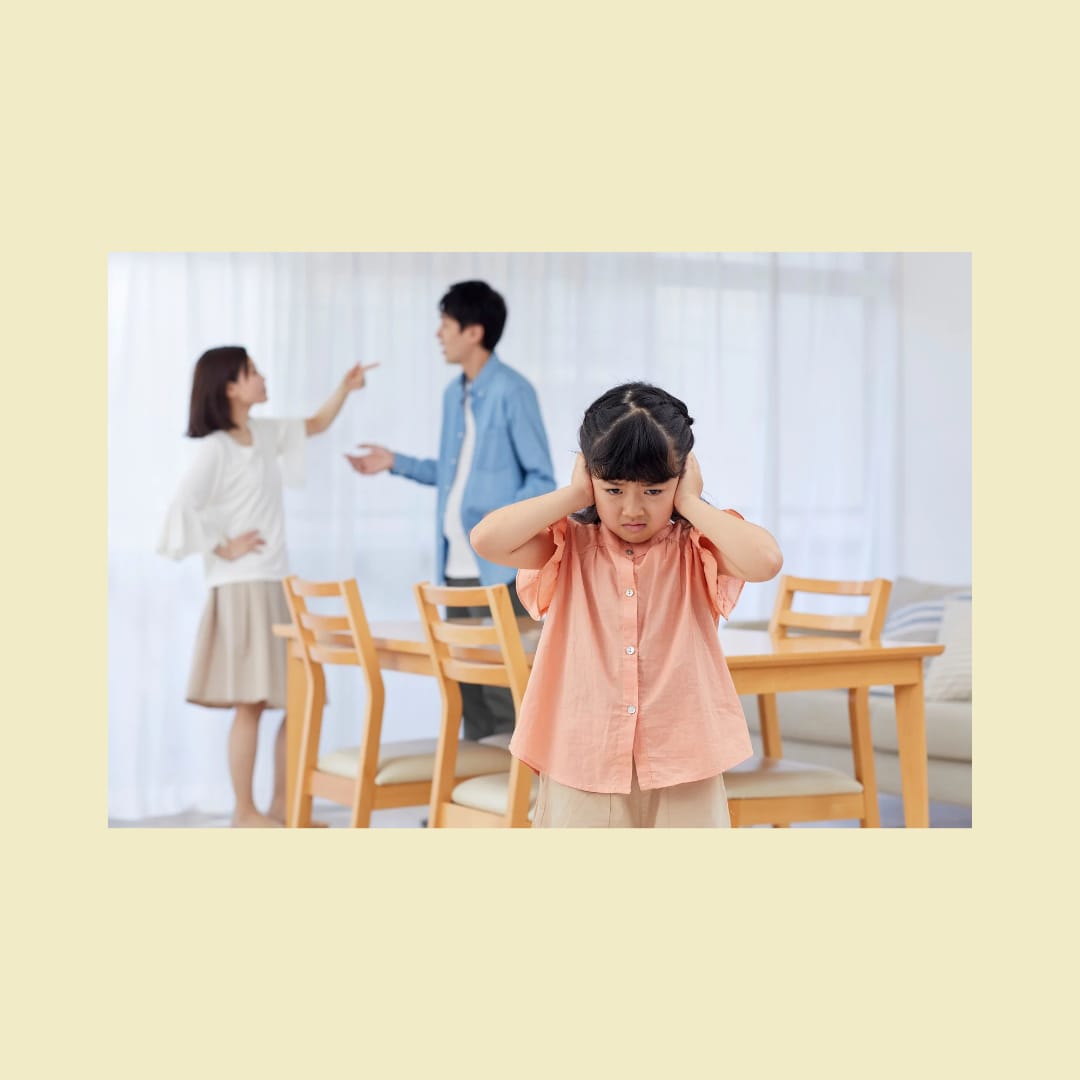
By Arpana P Sharma — Psychologist, Trainer & Educational Consultant
Divorce may separate parents, but it should never separate a child from love. Learn how to protect your child’s mental health and emotional stability after divorce through mindful co-parenting and emotional balance.
Keywords:
Divorce and children, post-divorce parenting, child mental health, co-parenting tips, emotional effects of divorce, family counselling, parenting after separation, psychological impact of divorce on children, child therapy, Arpana P Sharma
Divorce Is an Adult Decision, But a Child’s Emotional Burden
Divorce is a decision made by adults, but its emotional consequences are often carried by children. It may legally separate two individuals, but it should never divide a child’s sense of family or security.
Unless there is illegal activity, physical violence, or severe mental harassment, parents must remember that their emotional breakup should not become the child’s lifelong trauma.
The Child’s Mind: Torn Between Two Worlds
Children rarely have the maturity to understand why their parents are separating. For them, both parents are sources of love, care, and identity. When they are forced—directly or indirectly—to take sides, they experience a painful emotional conflict.
They may silently wonder:
“If I love my father, am I betraying my mother?”
“If I stay with my mother, does that mean I must forget my father?”
Such internal confusion often leads to:
Anxiety, guilt, and emotional withdrawal
Declining academic performance
Trust issues and insecurity
Difficulty forming stable relationships in adulthood
Long-term depression or low self-worth
Children are not emotionally equipped to judge who is right or wrong in a marriage. They simply want love, attention, and reassurance from both parents.
The Importance of Emotional Stability
Every child deserves to experience affection, guidance, and moral grounding from both parents. Even after separation, mutual respect between parents plays a key role in preserving the child’s emotional health.
When one parent constantly blames or criticizes the other, the child’s world becomes confusing and unsafe. What they learn from such behavior is not love, but conflict.
In contrast, cooperative parenting teaches them maturity, empathy, and resilience. It reassures them that even if the family structure has changed, their emotional safety has not.
Balancing Post-Divorce Child Care
- Keep Communication Open:
Encourage children to express their feelings. Let them know they are loved by both parents and that the separation is not their fault. - Avoid Blame Games:
Negative comments about the other parent only confuse and hurt the child. Keep adult issues between adults. - Ensure Consistency:
Maintain similar routines, values, and rules in both homes. Familiarity brings comfort and stability. - Collaborate on Key Decisions:
Discuss education, health, and personal development matters jointly. The child should feel both parents are still involved. - Seek Professional Support:
Counselling or child therapy can help children process their emotions and prevent long-term emotional scars. - Value Quality Time:
What matters most is the emotional connection you build during the time spent together—not the duration. - Respect the Bond:
Encourage your child to maintain a positive relationship with the other parent. Supporting this bond reflects your maturity and love.
Final Thought
Divorce may end a marriage, but it should never end parenthood. Children must never become victims of emotional tug-of-war or be asked to choose between their parents. Their hearts need stability, reassurance, and unconditional love from both sides.
The greatest gift divorced parents can give their children is peace, not proof—peace that assures them love still exists, even if togetherness does not.


Leave a Reply